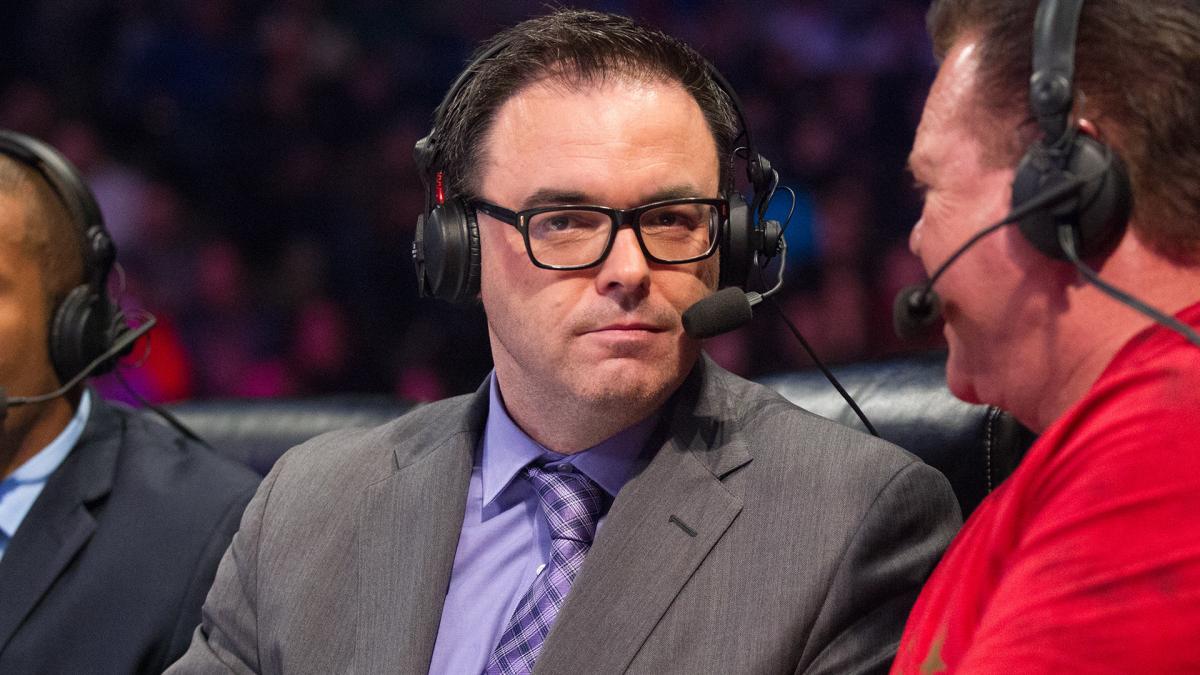The Wrestling Observer Newsletter has just reported that Mauro Ranallo is dealing with a depressive episode related to his bipolar disorder. On the March 14th episode of Smackdown, it was announced that Ranallo had missed his plane because of the snow. On the March 21st episode, it was announced that he missed the broadcast because he was sick.
Ranallo has made no secret of his diagnosis, having been quite vocal about it in the past. If he is indeed having a depressive episode, I hope that the WWE allows Ranallo as much time as he needs to recover. They seem to be doing this so far. Certainly, it would be the height of cruelty to punish someone simply because they’re experiencing symptoms of a chronic disease, but these things do happen.
I’ve been on a few message boards today, and most of the reactions have been in support of Ranallo. Granted, I tend to read the less dirt-sheet focused boards, so take that as you will. But even some well-wishers are coming from a place of ignorance about the disease. When I see posts about how working WrestleMania should help his mood because he has something to look forward to, I can only shake my head. No. That’s not how this works.
A depressive episode goes way beyond just feeling sad. In fact, in a November 2015, in an interview with Sherdog.com, Ranallo said as much himself: “There are many days where I feel like a fraud.” Yup. There’s no logical reason why he should feel like a fraud. He’s one of the most successful people in his field, for Christ’s sake. But when the disease takes over and suffocates all rational thought, no good news or amount of things worth looking forward to will change your outlook. The only things that work are changes in medication, psychotherapy, and exercise. Very basic, sure, but when you’re in the middle of a depressive episode, everything from getting out of bed to basic hygiene is incredibly difficult.
Responding to a fan question on Twitter last year, Ranallo wrote, “I was diagnosed with bipolar affective disorder at 19. Been in and out of hospitals many times but I keep fighting.” It’s the fight of his life, and a fight for his life, and this is true for anyone who suffers from this terrible disease. All you can do is fight. But you have to keep fighting.
I do wonder what the tough guys in the WWE locker room think about all this. We’ve never lived in a more progressive, more informed time about mental illness, even though we definitely have a long way to go. I don’t want to speculate, though. I just hope the WWE handles this thing with sensitivity and compassion. There are a lot of eyes on this story.
I’ll admit that I have a very personal interest in all this. I’m not bipolar, but I’ve had major depressive disorder all my life. The depressive episodes come and go, depending on how the medication is working, whether I’m getting enough exercise, and a ton of other factors. Sometimes I have an episode for no apparent reason at all, like a couple weeks ago, when I was at work and couldn’t stop crying, even though there was nothing particularly “wrong” that day. Like Ranallo, I’ve done the hospital thing, the late night emergency room visit thing, the hopelessness and despair thing, the not being able to get out of bed thing. I wish him all the best right now.
According to the National Institute of Mental Health, symptoms of bipolar disorder include “unusual shifts in mood, energy, activity levels, and the ability to carry out day-to-day tasks. If you or anyone you know is experiencing any of these symptoms, please seek help immediately. In the United States, the national suicide prevention hotline number is 1-800-273-8255.
Some of the coverage you find on Cultured Vultures contains affiliate links, which provide us with small commissions based on purchases made from visiting our site.

